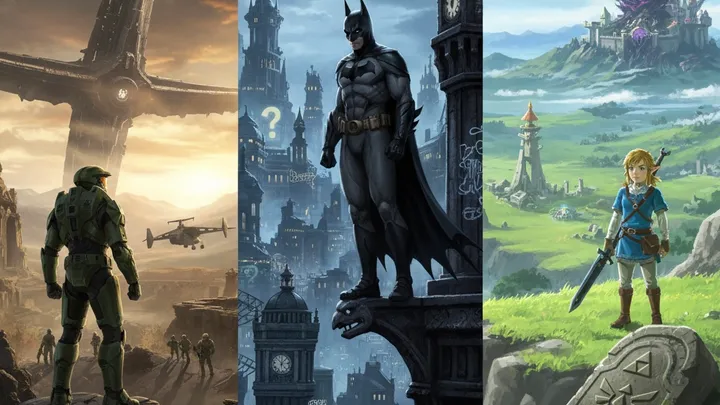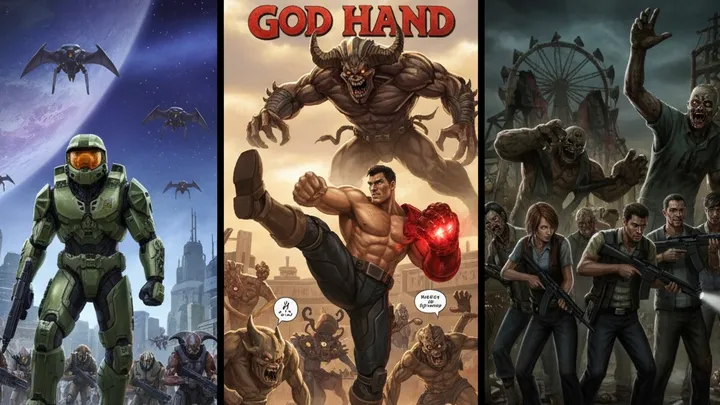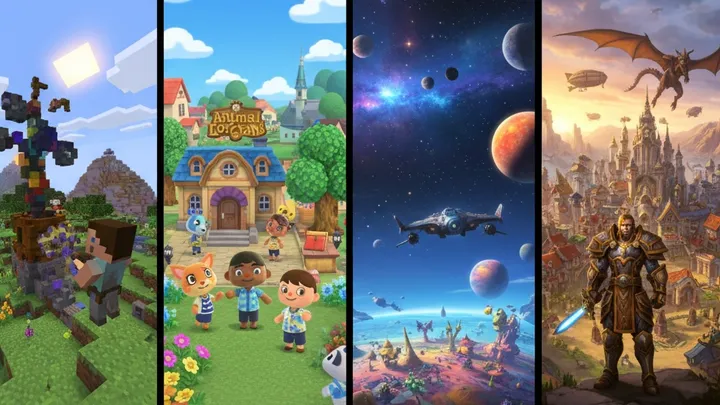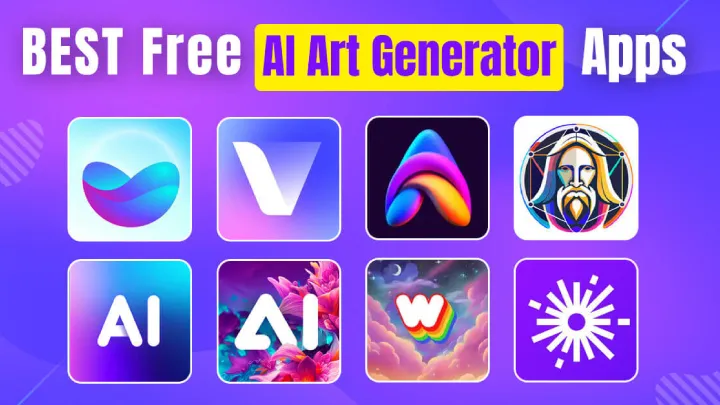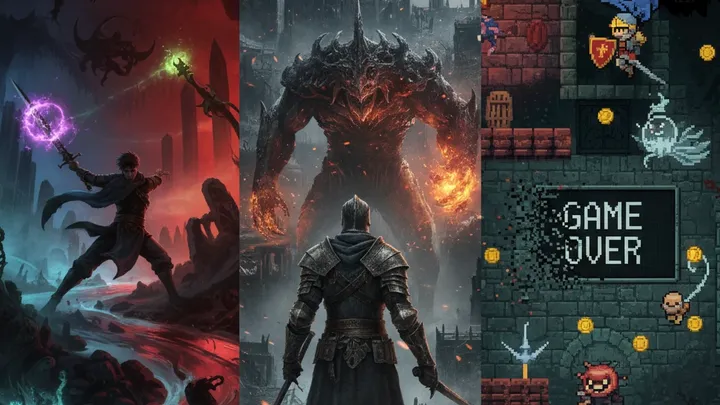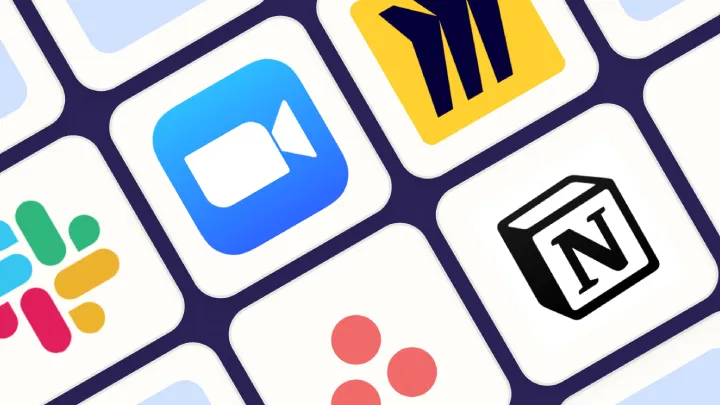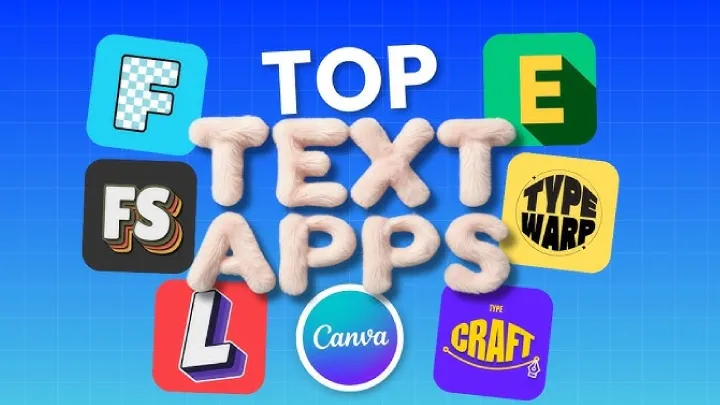Introduction – The Power of Sports in Gaming
Sports have always been more than just games played on a field; they are cultural cornerstones, sources of unity, and global entertainment spectacles. When video games embraced sports, they carried that same energy into living rooms, arcades, and handheld consoles across the world. Sports video games didn’t just simulate the real thing—they amplified it, offering accessibility, fantasy, and interactivity that extended the spirit of competition beyond stadiums.
From the rise of FIFA dominating global football culture to NBA 2K redefining how basketball is played virtually, sports games have evolved into massive phenomena. They bridge the gap between fans and athletes, blur the lines between simulation and reality, and, in some cases, spark professional esports competitions of their own. What started as pixelated versions of soccer or tennis has grown into billion-dollar franchises with annual releases, online leagues, and global communities.
Let’s explore the Top Sports Games That Became Global Phenomena, each of which shaped not just gaming, but the world of sports itself.
1. FIFA Series – Football’s Digital World Cup
Few gaming franchises match the cultural and commercial success of FIFA. With annual releases dating back to the 1990s, EA Sports’ FIFA became the definitive football experience. From its realistic stadiums and commentary to the ultra-popular Ultimate Team mode, FIFA became more than a game—it became part of global football culture.
What set FIFA apart was its accessibility. Players from every corner of the world could pick their favorite club or national team and compete. Online matchmaking turned it into a global competition, and local multiplayer made it a staple of social gatherings. For many fans, FIFA was not just a game; it was the closest thing to living out the dream of controlling their football heroes.
2. Pro Evolution Soccer (PES/eFootball) – The Rival Legacy
While FIFA dominated the mainstream, Pro Evolution Soccer—now rebranded as eFootball—built a cult following for its realistic gameplay. Known for its deep mechanics, fluid ball control, and tactical options, PES was considered by many purists to be the more “authentic” football game for years.
Its rivalry with FIFA created a golden era for football gaming. Fans debated which was superior, and both pushed each other to improve. Though FIFA ultimately held the licensing advantage, PES still carved its place as a beloved series with die-hard communities, especially in Europe, Asia, and South America.
3. NBA 2K Series – Basketball in Your Hands
When it comes to basketball, no series has had as big of an impact as NBA 2K. Beginning in 1999, it quickly outshined competitors like NBA Live by delivering stunning visuals, realistic physics, and the now-iconic MyCareer mode. Players could create their own athletes and rise from the streets to NBA superstardom, making it more than just a sports simulation.
The franchise also embraced esports, with the NBA itself sponsoring the NBA 2K League. Today, NBA 2K isn’t just a game—it’s a cultural phenomenon that blurs the line between basketball fans, pro players, and virtual athletes. Its influence is so strong that real NBA stars often play and interact with fans through the game.
4. Madden NFL – America’s Gridiron Classic
For American football fans, Madden NFL is the household name. Since its debut in 1988, the series has been the definitive way to experience the sport digitally. Named after legendary coach John Madden, the franchise combined realism with accessibility, letting fans experience the thrill of the NFL season from home.
Madden tournaments grew into major esports events, with players competing for real-world prizes. The game also influenced how fans learned strategies, plays, and formations—bridging the gap between real football and gaming. In many ways, Madden became part of NFL culture, shaping how millions engaged with the sport.
5. Wii Sports – Casual Fun, Global Craze
In 2006, Nintendo launched Wii Sports, and it instantly became a global phenomenon. Unlike traditional sports simulators, it used motion controls to mimic real-life movements in tennis, bowling, boxing, and more. Families, casual players, and even grandparents joined the craze, turning living rooms into virtual gyms.
Wii Sports wasn’t just a game—it was a cultural event. Hospitals used it for therapy, social groups used it for gatherings, and it sold over 80 million copies worldwide. Its impact was proof that sports games didn’t need complexity; they only needed accessibility and fun to capture the world’s attention.
6. Tony Hawk’s Pro Skater – Redefining Extreme Sports
When skateboarding exploded in popularity in the late 1990s, Tony Hawk’s Pro Skater brought the culture into gaming. With its stylish tricks, punk rock soundtrack, and iconic levels, it captured the energy of skateboarding while making it accessible to everyone.
It wasn’t just about skateboarding—it was about lifestyle. The game influenced fashion, music, and culture, inspiring countless players to pick up a real skateboard. It also spawned a series of sequels that cemented its place as one of the most influential extreme sports games ever made.
7. Rocket League – Cars Meet Football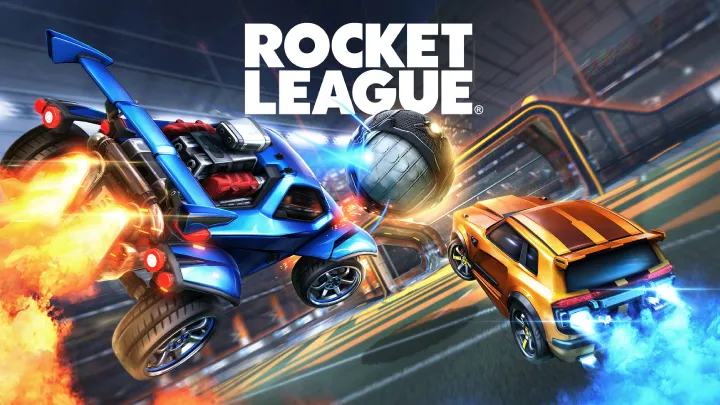
When Rocket League launched in 2015, few expected it to explode into a global esports sensation. The concept was simple yet brilliant: rocket-powered cars playing football in a giant arena. Its easy-to-understand rules and high skill ceiling made it perfect for both casual play and competitive tournaments.
Today, Rocket League is a staple of the esports scene, with international competitions drawing huge audiences. Its mix of physics-based mechanics and high-speed action turned it into a global hit that continues to thrive across platforms.
8. Virtua Tennis – Serving Up Fun
In the early 2000s, Sega’s Virtua Tennis became the go-to tennis game for fans of the sport. Its intuitive controls, flashy visuals, and realistic player animations made it approachable yet deep enough for competitive play. Arcade players and console fans alike flocked to it, cementing its place as a sports classic.
Though modern tennis games have emerged, Virtua Tennis remains a beloved name in gaming history. It helped prove that even niche sports could find mainstream success when presented with style and accessibility.
9. NHL Series – Hockey’s Digital Ice Rink
Ice hockey may not be as globally mainstream as football or basketball, but EA Sports’ NHL series built a passionate fanbase. With smooth skating mechanics, authentic team rosters, and intense multiplayer, it became the definitive way to experience hockey outside the rink.
Its popularity extended especially in North America and Europe, where it became a staple for hockey fans who wanted to simulate their favorite teams’ seasons or battle against friends in local tournaments.
10. Track & Field / Olympic Games Series – Competition for Everyone
Long before modern franchises, Konami’s Track & Field in the arcades introduced players to Olympic-style button-mashing competition. Later, the official Olympic Games video games carried on the tradition, letting fans worldwide participate in running, swimming, gymnastics, and more.
These games became global hits around every Olympic year, bringing together players who wanted to compete virtually in the world’s biggest sporting event. They represent the universal appeal of sports gaming: competition, challenge, and global unity.
Conclusion – Sports Games as Cultural Giants
Sports games became global phenomena because they did more than simulate—they connected people. They let fans live out their dreams, celebrate their favorite sports, and engage with others across the world. Whether through FIFA’s global football dominance, NBA 2K’s cultural influence, Wii Sports’ family-friendly fun, or Rocket League’s esports breakthrough, these games shaped not only gaming but sports culture itself.
At their best, sports games capture the heart of competition while staying accessible. They reflect the same values as the real sports they represent: passion, teamwork, skill, and joy. As technology advances and communities grow, one thing is certain: sports games will continue to be more than entertainment—they will remain cultural giants that unite people across the globe.








